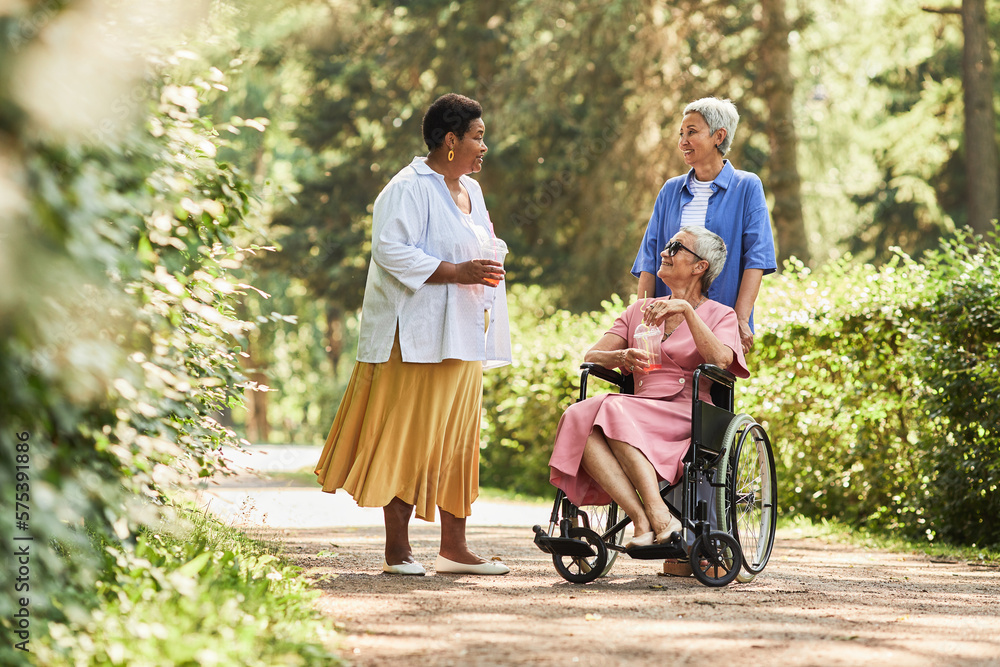Elderly individuals often face unique health challenges as they age. Among the most pressing of these challenges are infections, which can have a significant impact on their overall well-being. In this article, we will explore what is the most common bacterial infection in elderly individuals and discuss why it is so prevalent.
The aging process brings about changes in the immune system, making seniors more susceptible to infections. It’s important to recognize these health concerns, as early detection and treatment can significantly improve quality of life. Read on to learn more about the bacterial infection that frequently affects seniors and how it can be managed.

Understanding Bacterial Infections in Seniors
Bacterial infections occur when harmful bacteria invade the body and multiply. For seniors, these infections can lead to severe complications, especially if not addressed promptly. The most common bacterial infection in elderly individuals is urinary tract infections (UTIs).
Why are UTIs Common in the Elderly?
There are several reasons why urinary tract infections are so prevalent among older adults. These include weakened immune systems, changes in physiology, and certain risk factors associated with aging. Additionally, conditions such as diabetes and cognitive impairments increase susceptibility.
For more information on related health concerns, you can read about diverticulitis in elderly individuals.
Symptoms of UTIs in the Elderly
UTIs in seniors may present differently than they do in younger adults. It’s crucial for caregivers and family members to recognize these signs:
- Confusion or agitation
- Increased urgency or frequency of urination
- Fever or chills
- Abdominal discomfort
- Cloudy or strong-smelling urine
Preventing UTIs in Older Adults
Prevention is key in managing UTIs among the elderly. Some effective strategies include:
- Encouraging proper hydration
- Maintaining good personal hygiene
- Providing regular bathroom assistance
- Reviewing medications with healthcare providers to identify any potential side effects impacting bladder function
Complications from Untreated UTIs
If left untreated, UTIs can lead to severe complications such as kidney damage or bloodstream infections. It’s essential to seek medical attention promptly if a UTI is suspected.
Managing UTIs with Care
Treatment for UTIs typically involves antibiotics, but its also important to focus on the underlying health and lifestyle factors. Families may find it helpful to consider aging in place services for more tailored support.
Additional Health Concerns
Understanding causes of anemia in the elderly is also vital, as anemia can exacerbate vulnerabilities to infections, including UTIs. Increasing awareness of these health challenges is crucial for caregivers and families supporting their loved ones.
Frequently Asked Questions
- Q: Can seniors recover fully from UTIs?
A: Yes, with prompt treatment and management, most seniors can recover fully from UTIs. - Q: How can caregivers help prevent UTIs?
A: Caregivers can assist by encouraging hydration, hygiene, and regular medical check-ups. - Q: Are there lifestyle changes that can aid UTI prevention?
A: Yes, maintaining a healthy diet, staying active, and managing chronic conditions contribute to reducing UTI risks.

Conclusion
Understanding what is the most common bacterial infection in elderly populations helps families and caregivers provide better support. By recognizing the signs and implementing preventative measures, the impact of UTIs can be minimized, leading to healthier aging.
This article contains affiliate links. We may earn a commission at no extra cost to you.

